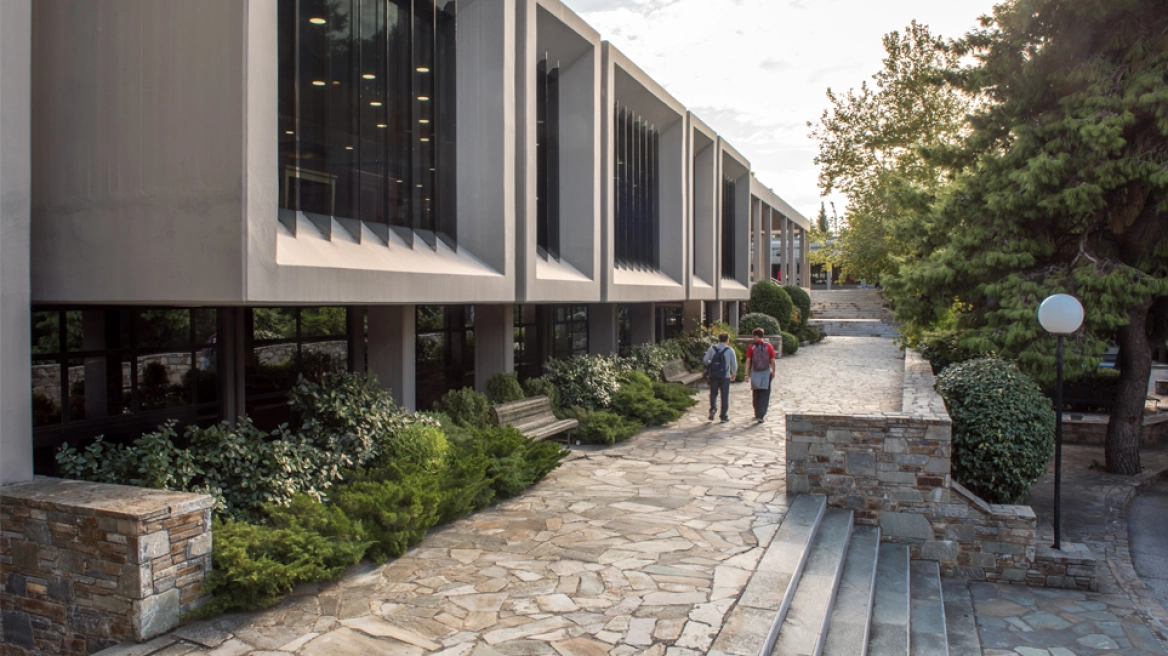The station master on duty at the site of the tragic train crash in Larissa, which resulted in the deadliest crash in Greece’s living memory, reportedly admitted his mistake, but attributed his error to ‘bad timing’.
The passenger train and a cargo train collided head-on on Tuesday night (February 28) outside the city of Larissa, killing dozens and wounding more. Many of the victims are thought to be university students on their way back from a long holiday weekend.
Fire officials say the death toll is expected to rise further. The passenger train was carrying over 350 people and heading to the city of Thessaloniki, on the Aegean coast, according to Hellenic Train data.
The government has declared three days of national mourning, with flags at half-mast. Greece’s Prime Minister Kyriakos Mitsotakis visited the crash site on Wednesday (March 1).
An autopsy will be performed at the scene of the tragedy, which will be carried out, by order of the prosecutor, by the Larissa Traffic Police.
Appearing before authorities at the preliminary investigation stage, the station master, who has been arrested, allegedly accepted his fatal mistake and attributed it to “bad timing”, while a case file has been filed against him for serious crimes.
The charges which the station master will face concern the criminal offense of disrupting the safety of transport which resulted in the death of tens of people, based on a recent amendment of the Criminal Code (article 291) carries penalties from 10 years imprisonment to life.
Concurrently, charges will be brought for negligent serial homicide and negligent serial bodily harm. The head of the Larissa Appellate Prosecutor’s Office, Stamatis Daskalopoulos, is supervising all the investigations, which are in full progress to find responsibility for the fatal accident, investigations which are carried out with his command in every direction.
Also, by order of Daskalopoulos, the station master’s pre-investigation statement was made in the presence of a prosecutor, due to the major importance of the case under investigation, while by order of the prosecutor, he is constantly present at the scene of the tragedy in view of the preparation of an autopsy by the Larissa Traffic Police for his findings of the tragic accident, an autopsy considered a crucial element for the overall evaluation of the fatal accident (what and who was at fault).
Based on the intervention of the Prosecutor of the Supreme Court Isidoros Dogiakos, which occurred early this morning, the investigations must run very quickly and in every direction in order to shed light on those parties responsible and the causes of the tragedy.
Ask me anything
Explore related questions





